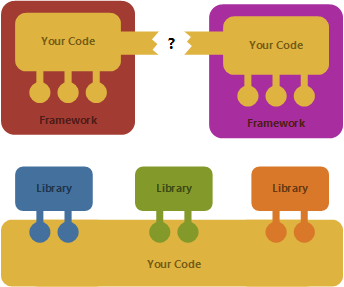I really like the sound of where this is headed. Taking steps toward a CLI and toolchain method offers up a ton of options for the end user. Of course, that leaves lots of work to be done. I think it would be in our best interest to lay out and prioritize different aspects of the options we'd like to provide.
Stylesheets:
- [ ] Standard CSS
- [ ] PostCSS
- [ ] Sass/SCSS
- [ ] Glamor
- [ ] Styled-Components
Test Frameworks:
- [ ] Jest
- [ ] Enzyme / Chai / Mocha
Server:
- [ ] Express
- [ ] Koa
- [ ] Hapi
State:
- [ ] Redux
- [ ] Mobx
- [ ] Apollo
Additionally, I would imagine we'd want to get some form of website and demo online. Hosting it somewhere other than a Heroku free plan, in my opinion, is best in terms of speed. I don't mind offering up resources on one of my servers if there's a need.

UPDATE:
If you follow this thread you will see we basically bash out some ideas and then backtrack quite a bit. It may be confusing to some. :)
Want to get a bit of a discussion going here.
@strues @carsonperrotti @enten @bkniffler
After the major cleanup parse and release of v10 I definitely want to move into a CLI and separate toolchain model.
In regards to the toolchain, @enten has been doing some work privately and has come up with a very interesting project called
tensionwhich would support the requirements for react-universally. I haven't been involved in it's architecture so I can't speak in depth about it, but it should be taken under consideration when moving into the next evolution of this project.@bkniffler has been the heading up the CLI movement. I think it will be super helpful and allow us to bring together the branching strategy we have been evolving. We could display a list of technology options to the user and based on their selection generate an appropriate boilerplate template.
Have you guys used @gaearon's
create-react-app? It is pretty amazing how he has set the project up. I have been going through it and have been thinking of adopting some of his ideas. It wouldn't be a verbatim implementation as I want to crank up the configurability somewhat but his structure is pretty amazing. I am not sure if this would touch on some sort of licensing issue though. I wouldn't be using his exact code, but the intellectual ideas would have definitely stemmed from his work. Do you guys think this would be an issue?What do you think about his approach? Do you think it would be appropriate for what we would like to achieve?